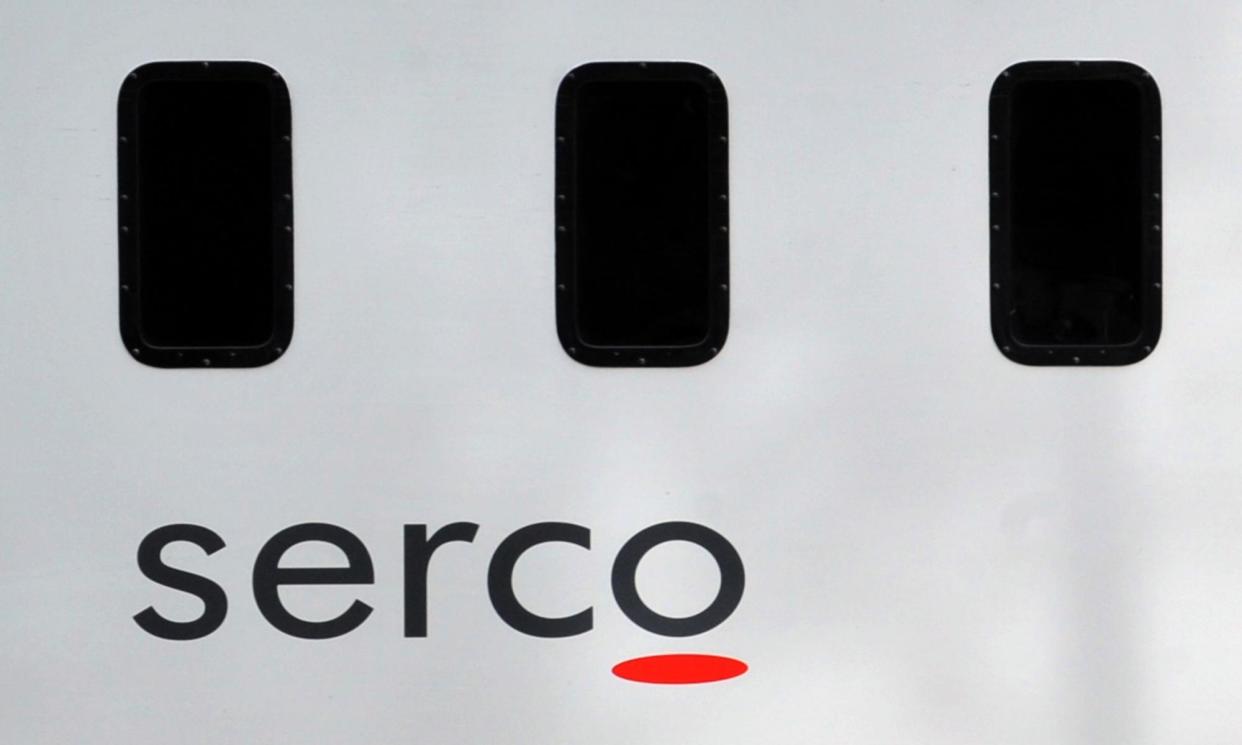Serco must be punished for ‘oppressive’ treatment of prisoners at Australia’s largest jail, legal experts say

Private prison operator Serco should face sanctions for punishing nearly 200 inmates at Australia’s largest jail in an “unreasonable and oppressive” manner after a guard was assaulted by a single prisoner, legal experts say.
Lawyers are investigating a potential class action against Serco on behalf of affected inmates at Clarence correctional centre after the New South Wales ombudsman determined the company’s conduct was contrary to law.
On 21 September 2023, a guard who was alone in an office at Clarence opened the door to an inmate who pushed his way in and punched him multiple times, knocking him to the floor and into a wall, according to the ombudsman’s report.
Serco locked all 175 inmates in one section of the northern NSW prison in their cells for five days after the assault, even though most of them had not witnessed it, a punishment the ombudsman found was “not warranted”.
Overall, the ombudsman determined Serco’s conduct was “unreasonable and oppressive”.
Barrister Greg Barns SC, a spokesperson for the Australian Lawyers Alliance who has provided legal advice to prisoners, said Serco’s response was “grossly disproportionate” and the operator should be fined.
“If the NSW government is going to outsource its responsibility for prisoners, there have to be sanctions applied to those contractors to ensure that there’s an incentive to conduct themselves in accordance with the rule of law,” he said.
The release of the ombudsman’s report comes as the Minns Labor government considers returning Clarence and Parklea correctional centres to public hands after deciding not to renew the private contract for Junee prison when it expires next year.
In addition to locking down an entire section of Clarence prison, Serco charged 34 inmates who observed the assault with correctional centre offences, which impose further penalties on people who are already incarcerated.
Three inmates were placed into segregation and charged with participating in or inciting a riot, which the ombudsman said it found no evidence of when reviewing the CCTV footage.
One of these inmates was recorded as having a cognitive impairment or disability, but the ombudsman found Serco did not offer him a support person during its own inquiries into the incident.
Thirty-three inmates were placed on so-called “behaviour management contracts” which the ombudsman said restricted them to their cells for 20 or 22 hours a day for up to 8 weeks.
The ombudsman acknowledged that some inmates appeared to “behave in ways toward the perpetrator that could be taken as commending his actions” after the assault, noting that “several” of them clapped and one shook his hand.
“This was likely distressing for correctional staff, who perform a vital and challenging job and whose safety and security in performing this role is critical,” the ombudsman said.
But the ombudsman found the available evidence for the inmates’ charges “fell well short” of “what might be reasonably sufficient to establish the elements of the offences, let alone prove, the charges”.
The NSW Council of Civil Liberties president, Lydia Shelly, said Serco should “absolutely” face consequences. “There needs to be a broader examination of the culture that allows things like this to have happened in the first place,” she said.
“Perhaps the government needs to examine whether or not private corporations need to be fined when they’ve been engaging in conduct which has been found to be punitive, oppressive and that has caused people harm.”
George Newhouse, a solicitor from the National Justice Project, said he was investigating a class action on behalf of affected inmates, whom he believed could be eligible for $5,000 or more in compensation for false imprisonment.
The ombudsman began investigating the incident last December after receiving complaints from 11 inmates.
It published its report on 21 August, recommending that Serco apologise to the affected inmates, review how it recorded erroneous information about the incident and provide refresher training to staff.
The ombudsman also recommended that Corrective Services NSW (CSNSW) review whether Serco was complying with its legal and contractual requirements.
Related: Prison guard charged with sexually assaulting inmate three times at NSW jail
The Minns government on Friday announced it would invest $30m into the state’s prisons to make them safer for inmates and staff as it begins responding to the recommendations from a special inquiry into former prison guard and convicted rapist Wayne Astill.
A spokesperson for Clarence correctional centre said it had already implemented “several” of the ombudsman’s “key recommendations”, although it did not detail which.
“Serco regrets that on this occasion it has been found our actions were not up to standard and we are committed to working with the ombudsman and Corrective Services NSW to address this,” the spokesperson said.
They said the officer who was assaulted required surgery and had not been able to return to work
A spokesperson for CSNSW said it had been “working proactively” to strengthen the disciplinary process for inmates.
“We’re committed to transforming our current system of inmate discipline to ensure that we achieve an appropriate balance,” they said.


